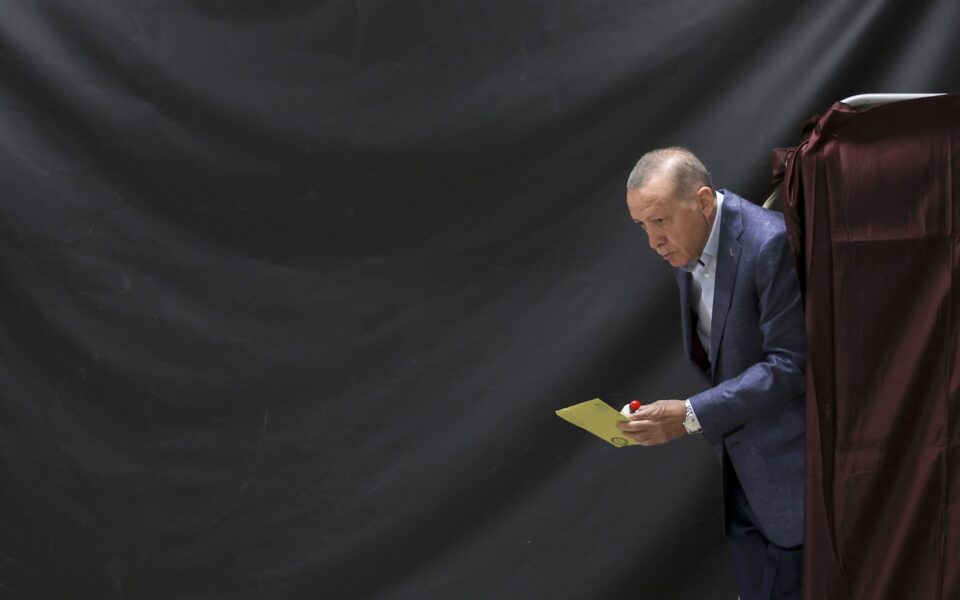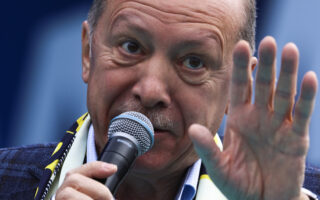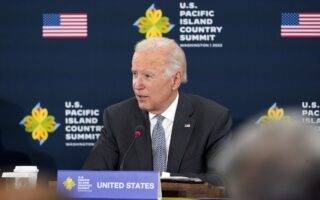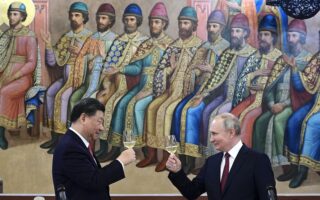Greece must restore communication channel with Erdogan

While individuals may not necessarily have a decisive role in shaping and exercising a state’s politics, in the case of Turkey, due to poor institutions and the overconcentration of power in the Ak Saray, or the White Palace, Recep Tayyip Erdogan wields significant influence in foreign policy.
In Greek-Turkish relations, the first step that needs to be taken is to restore a direct channel of communication with Ankara in order to cultivate trust between the Greek prime minister and the Turkish president. The political momentum will exist after elections in Greece, as both leaderships will have a clear political window ahead of them to make bold decisions. Being at the beginning of their term, they will be able to absorb any shocks that may arise.
However, if no substantial progress is achieved within a year and a half at most, one cannot exclude the possibility of again seeing the tensions experienced in the period before February’s earthquake. As a Turkish colleague of mine aptly put it, Erdogan may offer an opportunity for dialogue with Greece, as well as with other countries in the region – with a question mark, of course, hanging over Cyprus. But he can easily revert to his old self within a minute.
The Turkish leader feels all-powerful after his likely re-election. Nevertheless, in practice, he will be more fragile, just like his country’s economy. As Erdogan will be compelled to turn to the West to attract foreign direct investments and capital in support of economic recovery, Greece can assist in this effort in relation to the European Union, particularly in upgrading the Customs Union agreement. However, such a contribution should be tied to terms and conditions regarding Greece-Turkey talks. In any case, Athens must take the initiative and not wait for Western powers or Turkey to set the pace, as without Greece’s active participation, the relationship will become increasingly transactional. What Greece is pursuing is a framework of mutually accepted rules in both bilateral and Euro-Turkish relations.
The political momentum will exist after the completion of the elections in Greece
Two final observations: firstly, regarding the strengthening of extreme nationalist parties, whose total reached 25 percent, which is by no means negligible, especially when considering that many nationalists are accommodated within larger parties such as Erdogan’s AK Party and the Republican People’s Party (CHP). Secondly, concerning Erdogan’s legacy, he will have one final term until 2028 to leave an indelible mark on modern Turkey. He already speaks of the next century of his country, which begins this year, and the question is on what basis he will define his legacy. Will he go down as a reformer of the Turkish economy and the constitution (even if leaning toward authoritarianism), or as the regional hegemon with aspirations of global power (even if such a vision is divorced from reality)?
Erdogan believes that the global system is in transition, and it is his opportunity to establish Turkey as a power with global influence. According to this idea, this endeavor presupposes asserting dominance, at least in the immediate neighborhood; which means that Greece and Cyprus are seen as obstacles. One hopes, without harboring great expectations, that Erdogan will soon realize that strengthening Turkey’s role, especially in the Aegean and Eastern Mediterranean, depends on Ankara’s cooperative disposition and broader collaborations in the region, rather than pursuing a revisionist agenda that leads to perennial antagonisms that breed isolation rather than unity.
Constantinos Filis is the director of the Institute of Global Affairs, associate professor at the American College of Greece and an international affairs analyst for Antenna TV.





